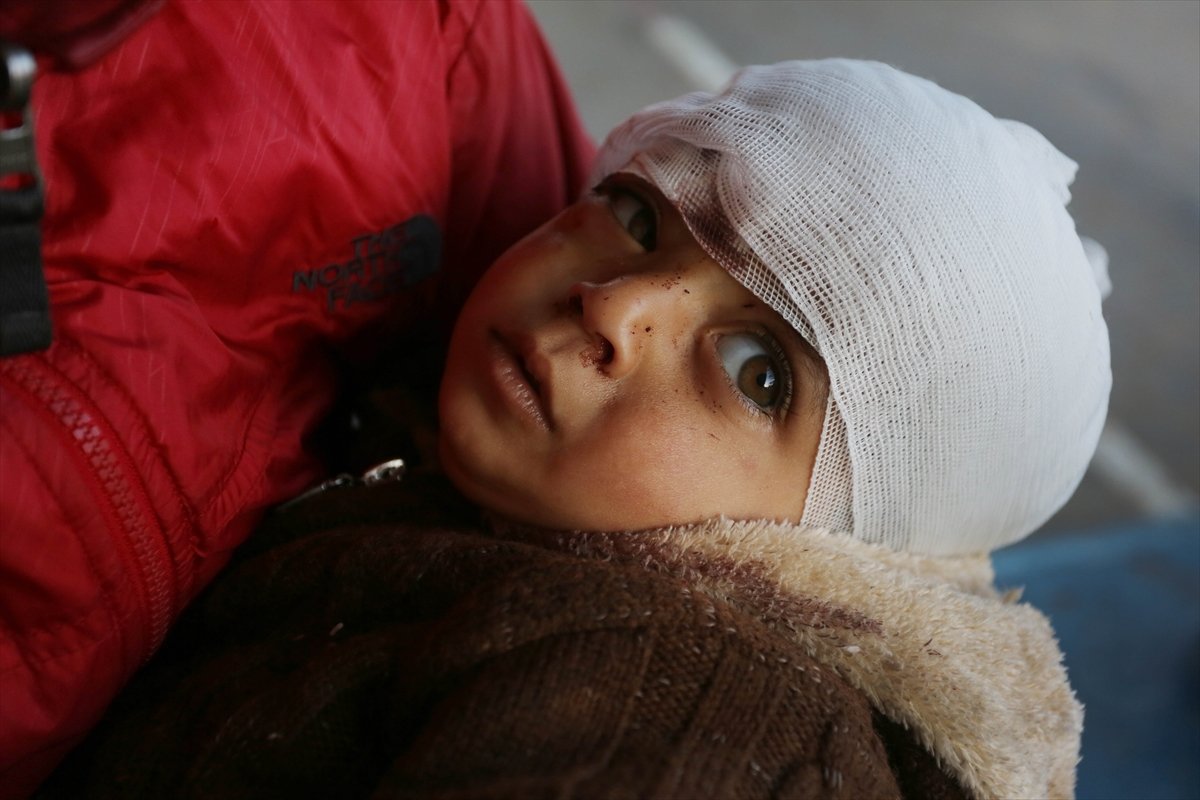The Selfie Flotilla: Greta Thunberg’s Controversial Gaza Venture
Climate activist Greta Thunberg, whose work in addressing climate change has earned worldwide attention, has now set her sights on the volatile Middle East. Embarking on a journey into one of the most perilous war zones, her vessel has been characterized by critics as a “selfie flotilla” aimed less at humanitarian relief and more at generating media spectacle.
A Crew with a Clear Agenda
The group accompanying Thunberg includes a reporter associated with a well-known state-funded media outlet, and an activist notable for having traveled recently to Lebanon to commemorate the passing of a prominent Hezbollah figure. Their mission appears tailored to stir headlines, incite confrontations, and portray Israel as the aggressor, all while disregarding the complex realities on the ground.
This venture, contrary to any claims of a genuine effort to aid civilians, is being criticized as a calculated maneuver designed to craft a compelling narrative rather than tackle the humanitarian challenges facing Gaza.
The Legal and Moral Context
Supporters of Israel’s naval blockade on Gaza point to longstanding international agreements. Referencing historic declarations and modern legal manuals, they argue that measures taken to prevent the smuggling of arms, such as the blockade, are supported by customary international law. In this view, Israeli defense forces possess both legal and moral authority to intercept vessels that attempt to breach the blockade.
A United Nations panel, chaired by a former national leader, reviewed the blockade in the wake of an earlier maritime incident and concluded that it served as a necessary security measure. Critics of Thunberg’s flotilla suggest that her actions risk undermining legal frameworks that many argue are essential for regional security.
Politics Over People?
Critics challenge whether Thunberg and her team fully understand the dynamics they’re engaging with. They note that while allegations of humanitarian negligence—including the misappropriation of aid by militant groups and the diversion of supplies to support armed activities—are serious, the activism on display appears more designed to craft a favorable media image than address these critical issues.
The argument goes that a sincere effort to assist the people of Gaza would align with initiatives that bypass groups accused of misusing aid. Some point to projects that have delivered millions of meals directly to civilians as examples of effective, non-partisan relief work. Observers ask why Thunberg has not lent her platform to such efforts, or even addressed other pressing human rights crises around the world.
Alternative Destinations for Meaningful Action
Critics contend that if genuine concern for human rights were the driving force, there would be choices more aligned with urgent needs. For instance, regions experiencing famine, systemic human rights abuses, or severe conflict could benefit from advocacy that does not risk legitimizing controversial groups. They argue that these situations demand a level of moral fortitude that goes beyond curated media moments.
Activism or Complicity?
Questions persist about whether this expedition constitutes a sincere act of protest or a move that plays into the hands of groups with extremist ideologies. Detractors maintain that by potentially aligning herself with factions associated with terrorism, Thunberg undermines the broader human rights dialogue and detracts from the real struggles of those living under harsh conditions.
Ultimately, the debate centers on whether this high-profile mission truly serves the interests of Gaza’s civilians or merely advances a political narrative. For many, the people of Gaza deserve support that prioritizes their safety, access to food and medicine, and a genuine path toward a secure future—rather than a spectacle orchestrated for global headlines.

Embracing Faith, One Insight at a Time!
The teachings of the Quran have always guided my path. With a deep passion for Islamic knowledge, I strive to blend the wisdom of tradition with the relevance of today, making the timeless messages of Islam accessible and meaningful for everyone.
Muslim Culture Hub is my platform to share historical insights and thought-provoking articles, exploring both well-known and lesser-discussed aspects of Islamic culture and beliefs. My mission is to create an inclusive online space where everyone can learn, strengthen their faith, and connect with the profound message of Islam.
Join the journey!
May peace be upon you.










